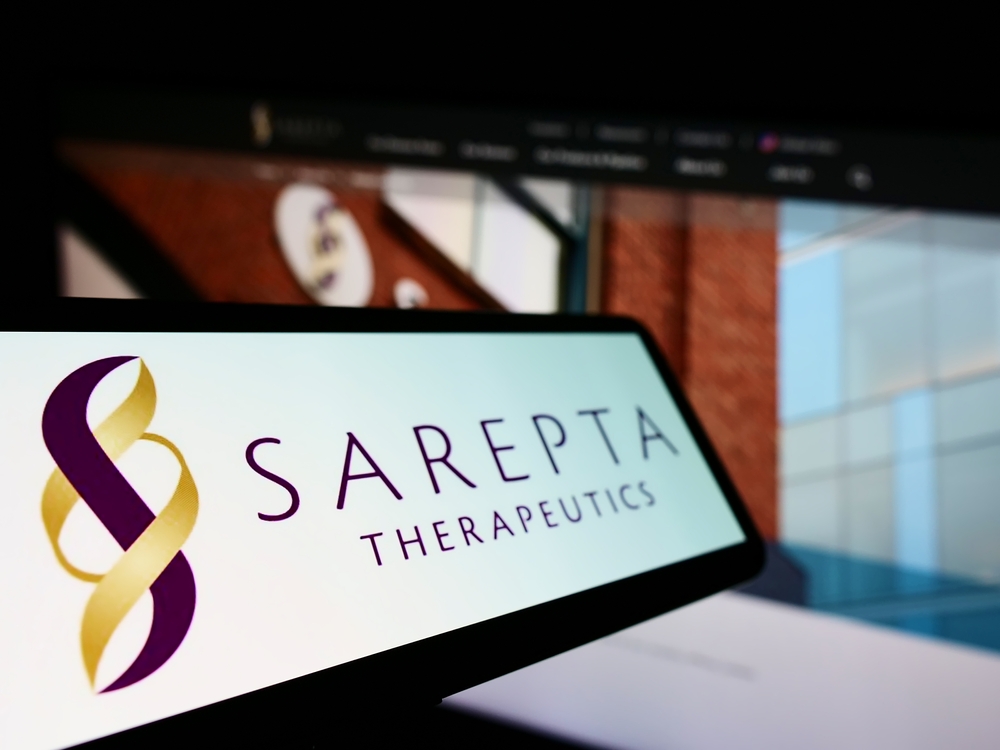
Sarepta Therapeutics (SRPT) is playing a dangerous game, not just with regulators, but with the future of gene therapy itself.
On Friday, the FDA asked Sarepta to suspend shipments of Elevidys — a Duchenne muscular dystrophy treatment that has now been linked to three patient deaths — and halted all clinical trials using the same gene therapy platform.
Much to the regulators’ surprise, Sarepta’s response was A flat-out no.
At the heart of this escalating crisis is Elevidys, Sarepta’s first commercial gene therapy and one of the company’s biggest revenue drivers.
The drug generated $282 million in Q2 sales, more than half of Sarepta’s total revenue for the quarter. The company is standing by the treatment, saying it sees “no new or changed safety signals,” and it has no plans to stop shipping.
The FDA’s warning came after a third patient died in March during a clinical trial using Sarepta’s AAVrh74 vector, the same platform that powers Elevidys.
Unprecedented revolt
The death, involving a 51-year-old patient with Limb-Girdle Muscular Dystrophy (LGMD), was first reported by BioCentury, not Sarepta. The company didn’t disclose it during its most recent earnings call, despite having known about it for weeks.
The FDA has since yanked Sarepta’s platform technology designation and placed its LGMD gene therapy trials on full clinical hold.
“Protecting patient safety is our highest priority,” said Dr. Peter Marks, the agency’s top biologics official. “The FDA will halt any clinical trial of an investigational product if participants face an unreasonable and significant risk.”
But Sarepta isn't backing down. In a statement, the company said it “will continue to ship ELEVIDYS to the ambulant population” and looks forward to “continued discussions” with the FDA.
The biotech world is stunned. SVB Leerink analyst Joseph Schwartz wrote that “the saga continues to get messier,” warning that Sarepta’s refusal to comply could have ripple effects for the entire sector.
“We are increasingly in unprecedented times,” he said.
SRPT stock is already in freefall, down 89.1% year-to-date and 90.9% over the past 12 months. But the bigger risk may be reputational.
At a time when public trust in gene therapy is still fragile, Sarepta’s standoff with regulators could undermine confidence in the field itself.
The question now isn’t just whether Sarepta will cave to pressure, but it’s whether the fallout will spread beyond one company and one treatment to an entire generation of gene-based medicine.
Your email address will not be published. Required fields are markedmarked